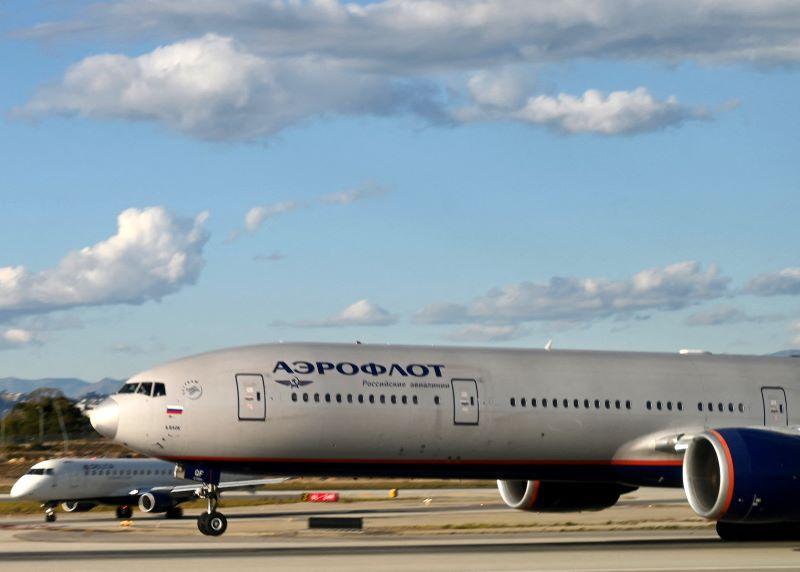
Credit: Daniel Slim / AFP / Getty Images
The aerospace industry has begun to evaluate the consequences of the sanctions the EU is imposing on Russia’s aviation in the wake of Moscow’s invasion of Ukraine. Some effects have yet to be fully understood and Russia’s demand for commercial aircraft is relatively small but, at least, some numbers...
Subscription Required
This content requires a subscription to one of the Aviation Week Intelligence Network (AWIN) bundles.
Schedule a demo today to find out how you can access this content and similar content related to your area of the global aviation industry.
Already an AWIN subscriber? Login
Did you know? Aviation Week has won top honors multiple times in the Jesse H. Neal National Business Journalism Awards, the business-to-business media equivalent of the Pulitzer Prizes.

